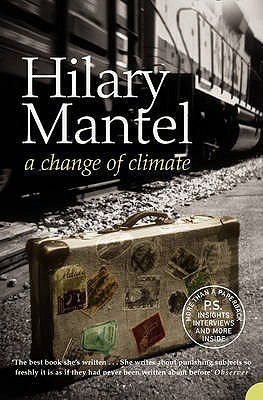What do you think?
Rate this book


342 pages, Paperback
First published January 1, 1994
The Eldred family belonged to the country which is called the Brecklands; it is a country bounded by chalk and peat, but covered by a mantle of shifting sand. Its open fields are strewn with flint …. Edged by fir trees twisted into fantastic forms. It is a country of flint-knappers and warreners; latterly of archaeologists and military personnel … The Romans have left their coins … and their fragments of terracotta; the military have set their huts and wire fences among the ruins of monasteries ..
